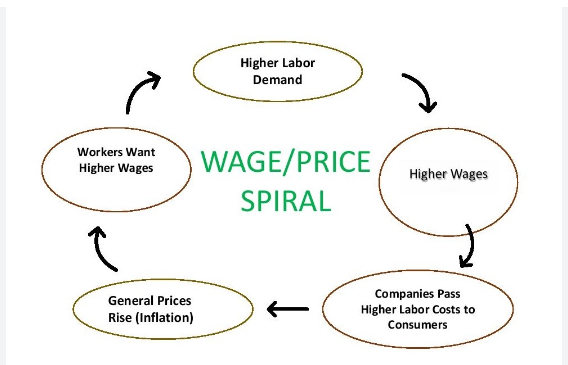Turkey raised monthly minimum wage by another 34% beginning on July 1, the government said on Tuesday, bringing it to a net 11,402 lira ($483) for the second half of the year in an effort to address soaring inflation.
The new minimum wage has been increased by 34 percent from 8,506 Turkish Liras to 11,402 liras (around $483), Labor and Social Security Minister Vedat Işıkhan has announced.
The hike is necessary to ensure at least 7 million workers and their families to make ends meet, as several surveys show that the new minimum wage is only a third of what a family of four needs to earn to meet food and other basic expenses.
On the other hand, the second minimum wage hike in a year is certain to raise inflation and expectations of inflation, adding to the already formidable difficulties of taming CPI inflation, officially at 40%, and predicted to rise in the last quarter of the year.
The Minimum Wage Settlement Commission, which included representatives from the government, the labor union Türk-İş and the Turkish Confederation of Employers’ Association (TİSK), convened for a third time on June 20 to discuss the new minimum wage for more than 7 million workers.
“On behalf of my nation, I thank all the stakeholders, especially the workers and employers sides, who made efforts in the determination of the minimum wage within the culture of consensus,” President Recep Tayyip Erdoğan wrote on Twitter.
Erdoğan noted that the new minimum wage will take effect as of July 1.
The minimum wage was set at a level to protect both employment and workers, Işıkhan said following the meeting, adding that the new wage emerged out of a consensus reached between the parties involved.
The minister noted that the minimum wage was increased by 107 percent compared with the second half of 2022, and that it has risen around 312 percent in real terms since 2022.
Işıkhan said that the minimum wage support the government provides to employers was also increased from 400 liras to 500 liras for the next six months.
The cost-of-living crisis was largely brought on by an unorthodox policy of slashing interest rates despite rising prices, which stoked a late-2021 currency crisis. The lira has shed another 21% so far this year, mostly after May elections.
However, re-elected President Tayyip Erdogan has signalled he is ready to pivot to rate hikes after appointing Mehmet Simsek as finance minister and Hafize Gaye Erkan as central bank governor.
Bloomberg claims Simsek told business leaders that return to conventional economic policy will be gradual, meaning modest but ongoing rate hikes to tame inflation. A hefty rate hike would push thousands of small companies and heavily indebted households into bankruptcy. On the other hand, international experience reveals that gradual rate hikes trying to catch up to unmoored inflation expectations are not very effective.
At the end, Turkey may end up with the worst of all worlds: Chronically high inflation amidst rising rates and businesses shedding employees on account of rising labor costs.
Follow our English language YouTube videos @ REAL TURKEY: https://www.youtube.com/channel/UCKpFJB4GFiNkhmpVZQ_d9Rg
And content at Twitter: @AtillaEng
Facebook: Real Turkey Channel: https://www.facebook.com/realturkeychannel/
